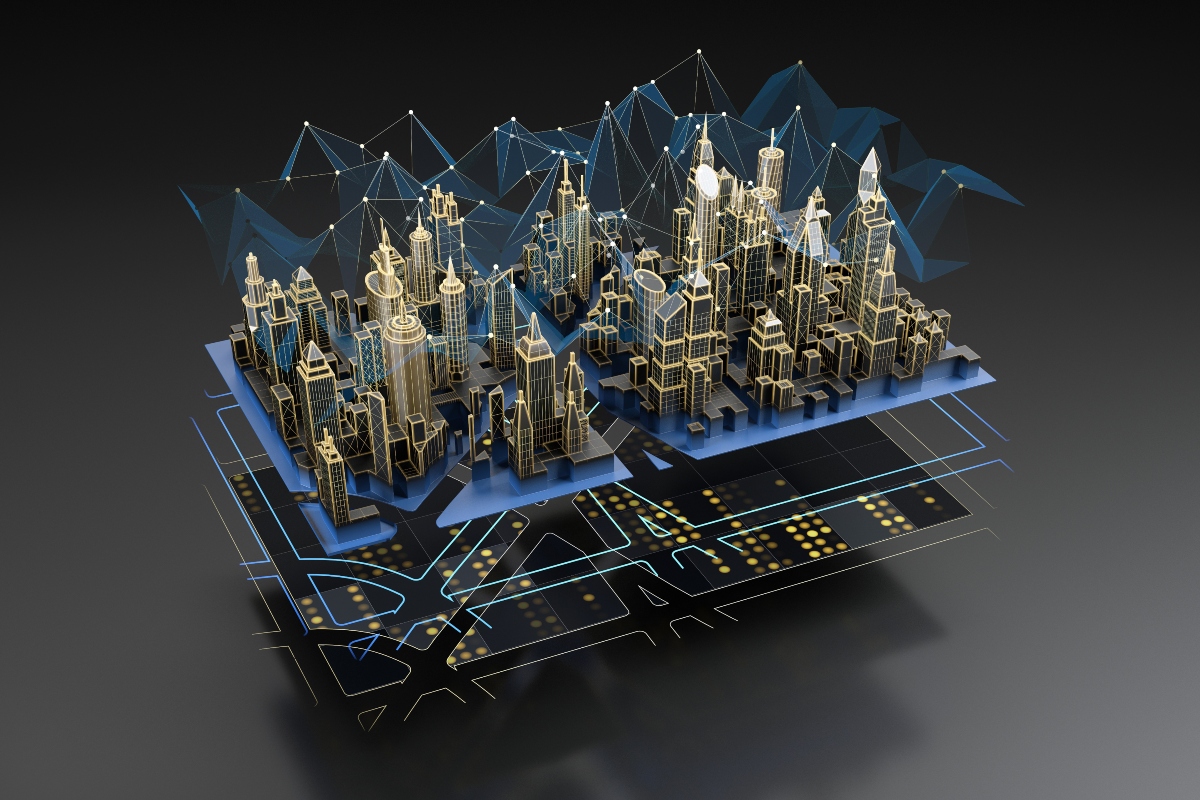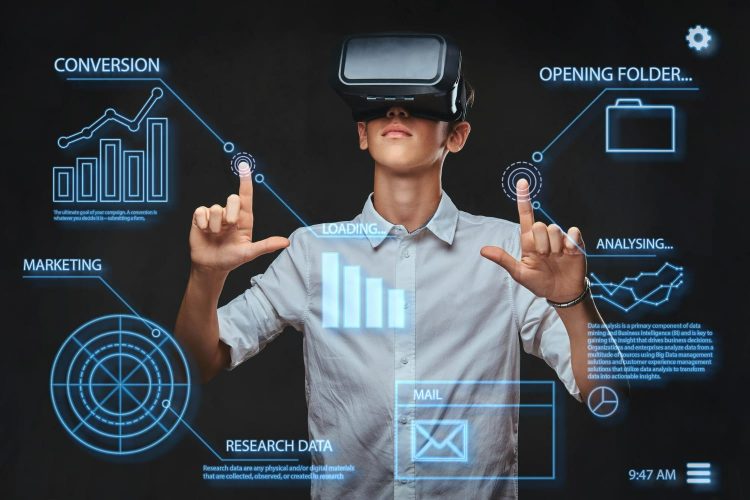In a world sprinting towards tomorrow, are we pausing enough to truly grasp what’s unfolding beneath our feet?
Introduction: Racing into Tomorrow
Technological progress has never been this rapid. From AI breakthroughs to quantum computing, from gene editing to sprawling smart cities, the pace of innovation is dizzying. We’re building the future at a velocity that leaves many asking: Are we moving too fast to fully understand what we’re creating?
This question is not just philosophical—it’s practical. When development outpaces comprehension, we risk unintended consequences, societal disruption, and ethical quandaries. The future we craft might become a puzzle even its architects can’t solve.
The Speed of Innovation: A Double-Edged Sword
Historically, technological advances moved at a relatively measured pace. The Industrial Revolution unfolded over decades; the rise of the internet took years to become mainstream. Today, major innovations like artificial intelligence evolve in months, not decades.
Why the acceleration?
- Global connectivity: Ideas and discoveries spread instantly worldwide.
- Computational power: Moore’s Law, though slowing, still drives exponential growth in processing.
- Venture capital: Massive funding accelerates development cycles.
- Open-source culture: Collaborative innovation cuts down reinventing wheels.
But this breakneck speed creates a gap—a cognitive lag—between what technologies can do and what humans understand about their broader implications.
Complex Systems and the Comprehension Gap
Modern technologies are not isolated tools; they are complex systems intertwined with society, economics, and environment. Think of:
- AI algorithms that learn from vast data, often becoming opaque even to their creators.
- Blockchain systems whose decentralized nature defies traditional oversight.
- Gene-editing techniques like CRISPR that rewrite biological codes with consequences not yet fully mapped.
This complexity makes predicting outcomes and controlling risks profoundly challenging.
The comprehension gap grows wider when systems evolve autonomously or via machine learning, where human intuition fails to keep pace. We build smart machines that even experts struggle to fully understand.
Ethical and Societal Blindspots
Speeding ahead without full understanding exacerbates ethical blindspots:
- Bias and fairness: AI trained on biased data perpetuates inequalities.
- Privacy erosion: Rapid data collection outpaces legislation.
- Job displacement: Automation disrupts economies faster than retraining programs can adapt.
- Environmental impact: New tech might create unforeseen ecological footprints.
Without measured reflection, society risks creating powerful tools without appropriate frameworks for accountability and justice.
The Role of Regulation: Catching Up or Holding Back?
Governments and institutions often lag behind innovation, scrambling to draft rules post hoc. The question arises: Should regulation slow innovation to allow understanding, or should innovation run fast with regulations catching up later?
Both extremes have costs:
- Over-regulation risks stifling creativity and progress.
- Under-regulation can lead to dangerous outcomes and loss of public trust.
A balanced, adaptive regulatory framework is crucial—one that encourages innovation but demands transparency, safety, and ethical considerations upfront.
Education and Interdisciplinary Collaboration: Bridging the Divide
To truly understand rapidly evolving technology, education systems must evolve too. Traditional curricula lag behind the skills needed to navigate complex, fast-moving tech landscapes.
Future education should emphasize:
- Systems thinking: Understanding interconnectedness.
- Ethics in technology: Anticipating societal impacts.
- Interdisciplinary fluency: Combining computer science, sociology, law, and philosophy.
Moreover, collaboration between technologists, ethicists, sociologists, and policymakers is essential to develop holistic understanding and solutions.
Case Studies: Lessons from the Frontlines
1. Artificial Intelligence
AI’s meteoric rise illustrates the comprehension challenge. Early optimism about AI capabilities gave way to concerns about bias, misinformation, and autonomous weapons. Efforts like Explainable AI (XAI) seek to make AI decisions transparent, but full understanding remains elusive.

2. Gene Editing
CRISPR offers life-saving potential but also ethical dilemmas about germline editing and “designer babies.” The technology advanced rapidly, sparking global debates often playing catch-up with the science.
3. Smart Cities
Smart infrastructure integrates IoT, AI, and big data to improve urban living. However, the interplay of privacy, surveillance, and data security complicates governance, with cities struggling to anticipate all social ramifications.
The Psychological Dimension: Cognitive Overload
Humans have cognitive limits. The sheer volume and velocity of information and innovation can overwhelm individuals and institutions alike. Cognitive overload hinders meaningful engagement and nuanced understanding.
Designing technology that respects human cognitive bandwidth—intuitive interfaces, explainable algorithms, and clear communication—is key to closing the understanding gap.
The Future: Slow Down to Speed Up?
Ironically, sometimes the best way to advance is to slow down—to take deliberate pauses for reflection, ethical consideration, and societal dialogue.
Creating spaces for “slow innovation” fosters:
- Thorough risk assessment.
- Inclusive conversations about values.
- More robust, resilient technologies.
In a sprint toward the future, strategic deceleration might be the smartest pace.
Conclusion: Building the Future with Eyes Wide Open
We are undeniably architects of an extraordinary future—filled with promise, complexity, and risk. The speed at which we build can be thrilling and treacherous.
To avoid creating a future too fast to understand, we must:
- Embrace interdisciplinary learning.
- Innovate with ethical foresight.
- Develop adaptive governance.
- Foster transparency and inclusivity.
By doing so, we can ensure that the future we build is not only brilliant but comprehensible, navigable, and beneficial for all.











































Discussion about this post